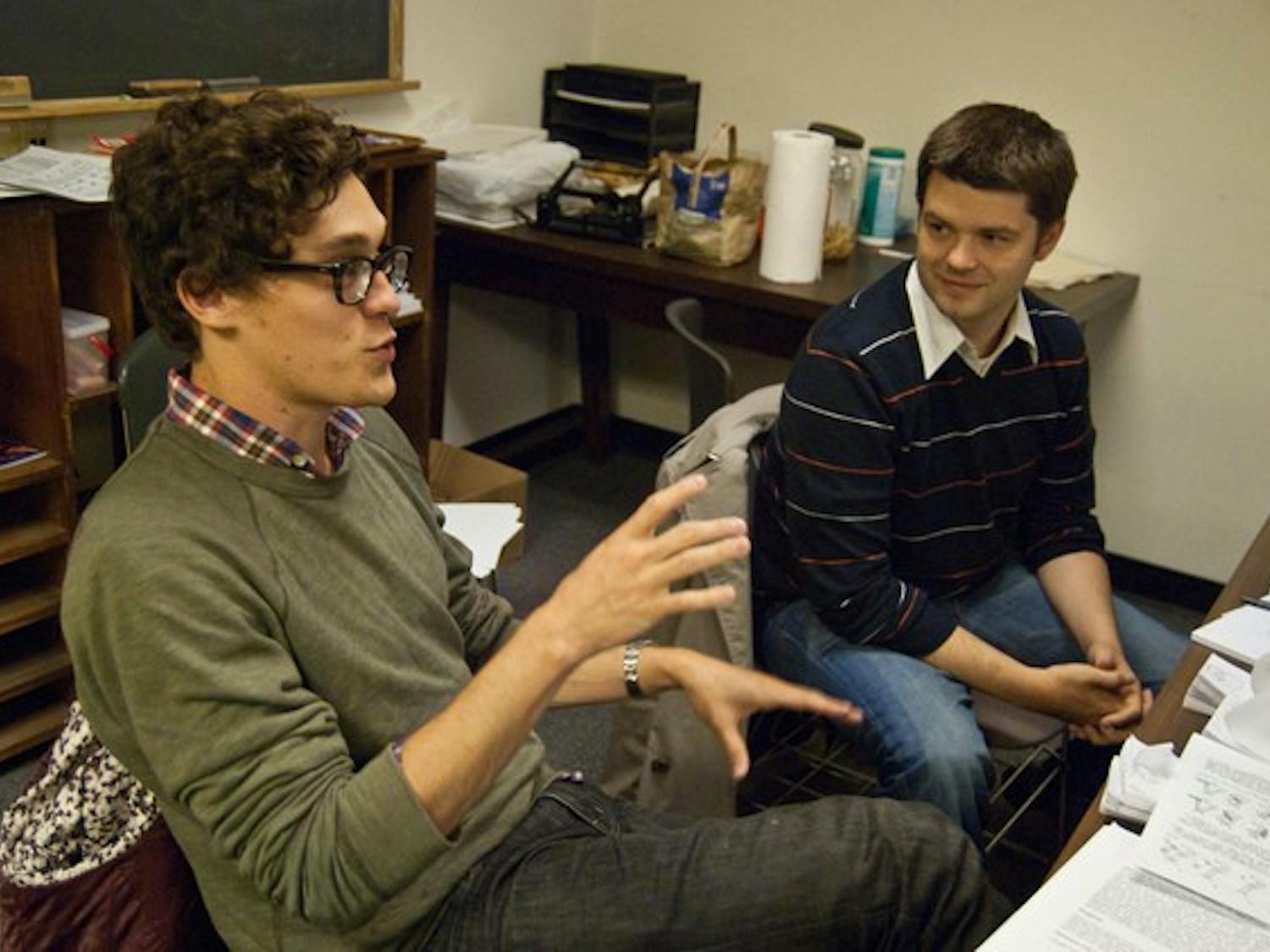News
As the Dartmouth Atlas of Health Care, which tracks disparities in health care costs, has increasingly taken center stage in the health care debate in Washington, University of Pennsylvania professor Richard Cooper has gained widespread media attention for charging that the Atlas improperly portrays discrepancies in regional health care expenditures.
"The Dartmouth Atlas study is shaping the health policy discussion, but is it shaping it right, or is it shaping it wrong?," Cooper said in an interview with The Dartmouth.
Dartmouth Medical School professor Elliot Fisher, the principal investigator on the Atlas Project and director for population health and policy at The Dartmouth Institute, said that Cooper has inhibited health care reform by misrepresenting TDI's work.
The Atlas research concludes that areas with higher medical spending do not necessarily have better results for patient care.
"Both geographically and conceptually, [there is] a lot of unnecessary care given to well-insured patients," Fisher said in a previous interview with The Dartmouth.
Cooper, a medical professor at the Leonard Davis Institute of Health Economics at the University of Pennsylvania, recently wrote two articles in The Washington Post criticizing the Atlas study.
Cooper argues that increased spending in poorer areas of the country is largely responsible for regional disparities in health costs, rejecting TDI's conclusion that the difference is largely due to unnecessary spending on extraneous medical procedures.
"Overall, poor people use more care," Cooper said.





